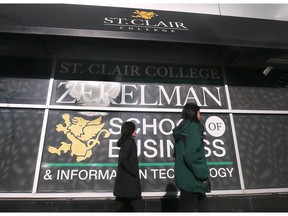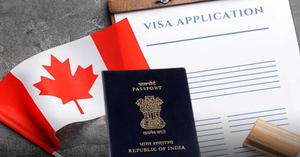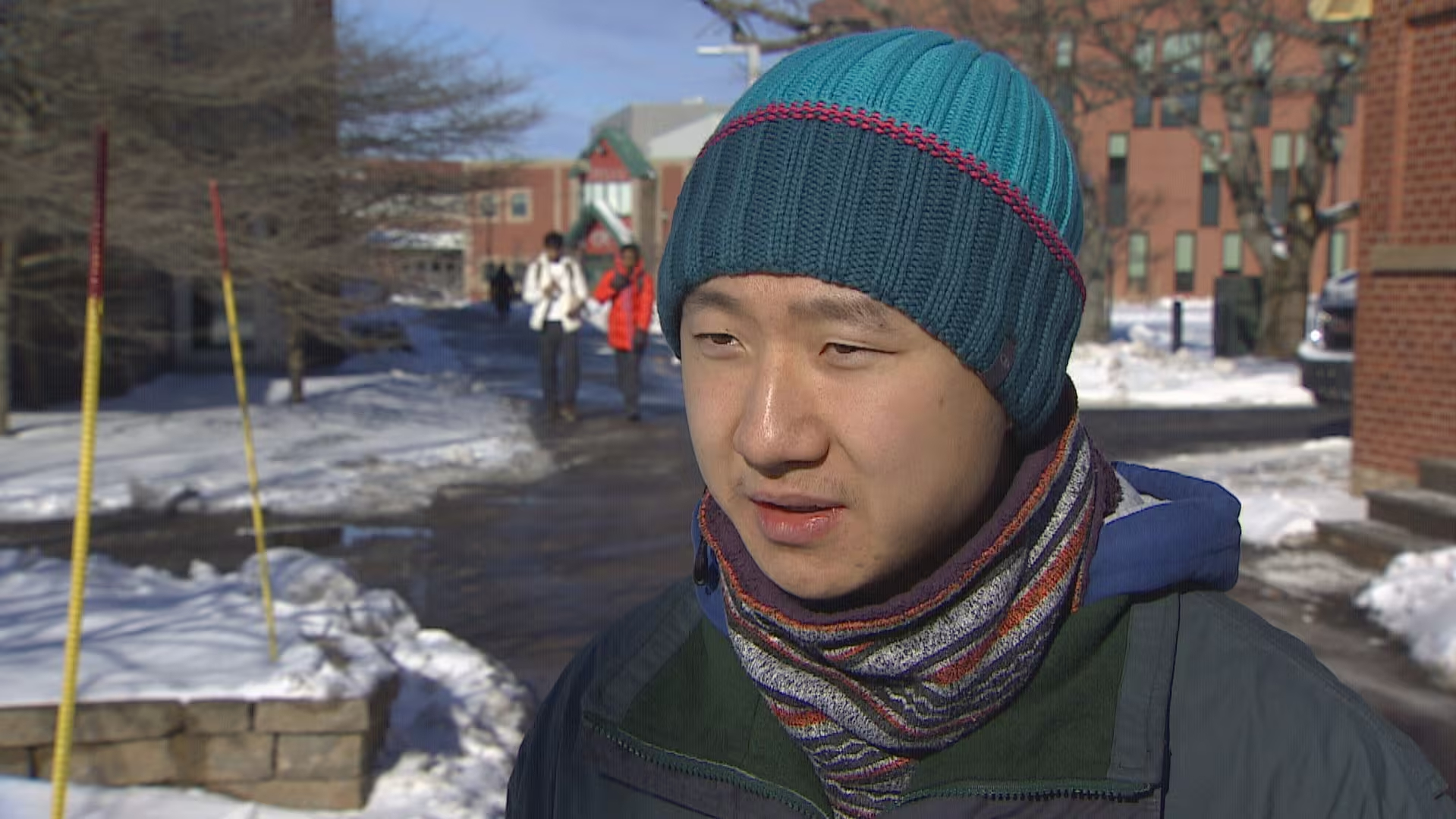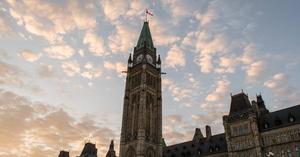A recent Toronto Star analysis of university and college applications by international students found that thousands of applicants who have been accepted at schools in Canada had their visas rejected.
But that is no surprise, said Ron Seguin, vice-president of international relations at St. Clair College.
“Those have been the visa rates, give or take, for the last six to seven years,” he said.
“The COVID-19 pandemic had a heavy impact on international students, but “I’d like to think we’re coming out of that,” he said. “But you’ve really had a five-year period of the world’s biggest pandemic, with online, and mobility issues.”
The University of Windsor declined a request to comment on the issue.
“We don’t always know why visas are denied, but the biggest reason we see is that Canadian government officials deemed that the student really didn’t have the financial resources to make the journey,” said Seguin.
“The student took a shot at it. They applied for a student visa, they filled it out and basically the government said you’re lacking in this area.”
St. Clair College has 10,000 international students from more than 80 countries, Seguin said. That includes its Toronto campus which has a “significant international presence.”
The University of Windsor says on its website that it has just under 4,000 international students from nearly 100 countries.
Financial considerations are a main reason that visas are rejected, but there are several others, including lack of a detailed study plan to prove the visit to Canada is for educational purposes, lack of a travel history, lack of required documents, and even having strong family ties to Canada, according to an article on the website of Canadian legal firm Matkowsky Immigration Law.
Others can be rejected for taking courses that are on a lower trajectory than their previous education, said Seguin.
India remains a top source for internationals students, with some 320,000 active study permits at the end of December, according to New Canadian Media, which says it’s a non-partisan source of news for Canadian Immigrants
Yet almost 40 per cent of student visa applications from India were rejected for “other” and “unspecified” reasons, the highest rate of any country, according to the Investigative Journalism Foundation, a Canadian non-profit media organization.
International students typically pay much higher tuition fees, so they are lucrative for post-secondary institutions.
The CIC news, which claims to be the world’s largest Canadian immigration news website, says international students, including those in undergraduates and graduate programs, pay an average of $38,000 in tuition, compared to Canadian students who pay an average of just over $7,000.
In December, immigration Minister Marc Miller said foreign students will have to ensure they have access to more than $20,000 in funds, double the previous amount of $10,000, starting in 2024.
He said some educational institutions are like “puppy mills,” because they don’t deliver “a legitimate student experience” to some international students, including housing, while providing them with diplomas and an opportunity to acquire a work permit.
The Toronto Star analysis found that visa acceptance rate varied widely among schools.
The University of Windsor’s visa approval rate for foreign students was about 80 per cent, similar to that of Western University. St. Clair College had a visa approval rate for foreign students of 42 per cent, similar to Niagara College.
St. Clair College builds in expectations of a rejected visa rate of around 50 per cent when it’s accepting students, said Seguin. The college remains in contact with international students as their study programs approach in case changes have to be made due to higher-than-expected visa acceptances, he said.
In that case, their study term may be delayed for a semester, which hasn’t shown to be a problem for international students, he said.
Regardless of visa rejections, “Canada is still a significant drawing factor for international students,” Seguin said.





